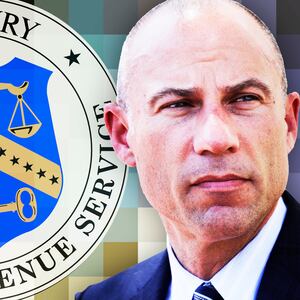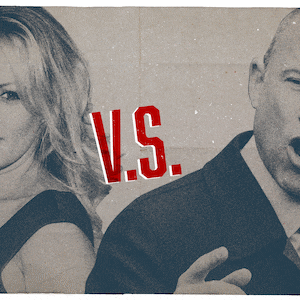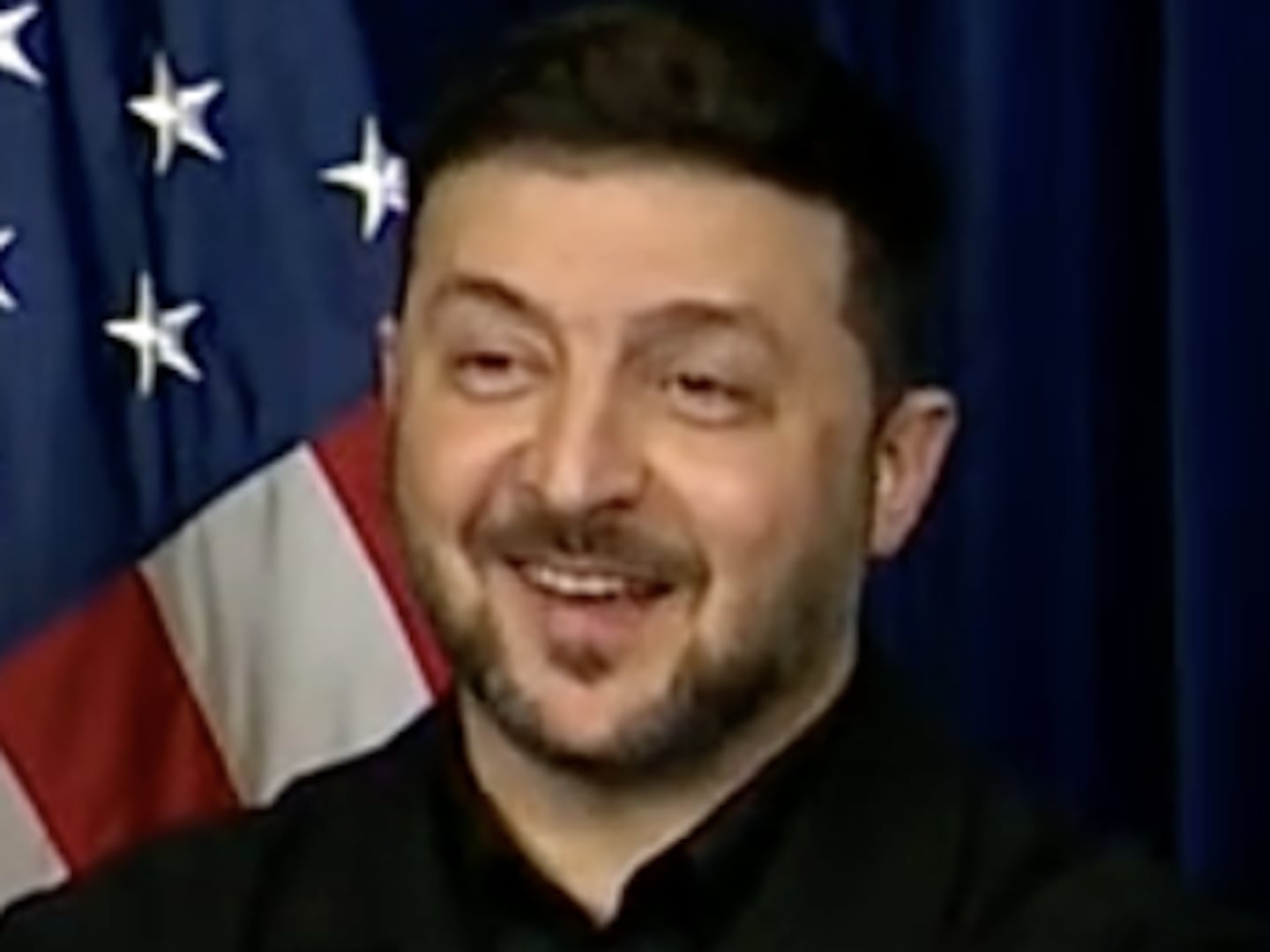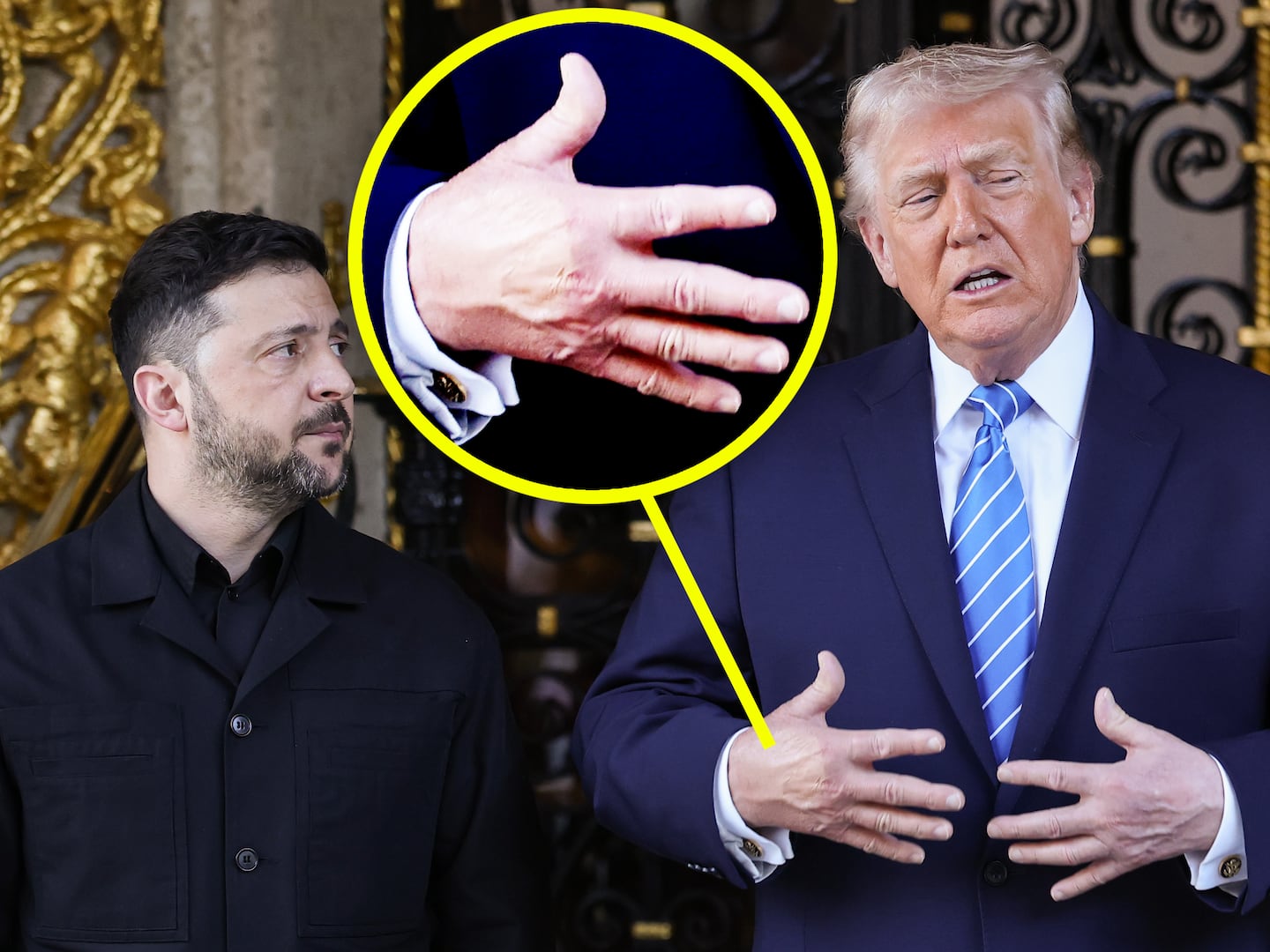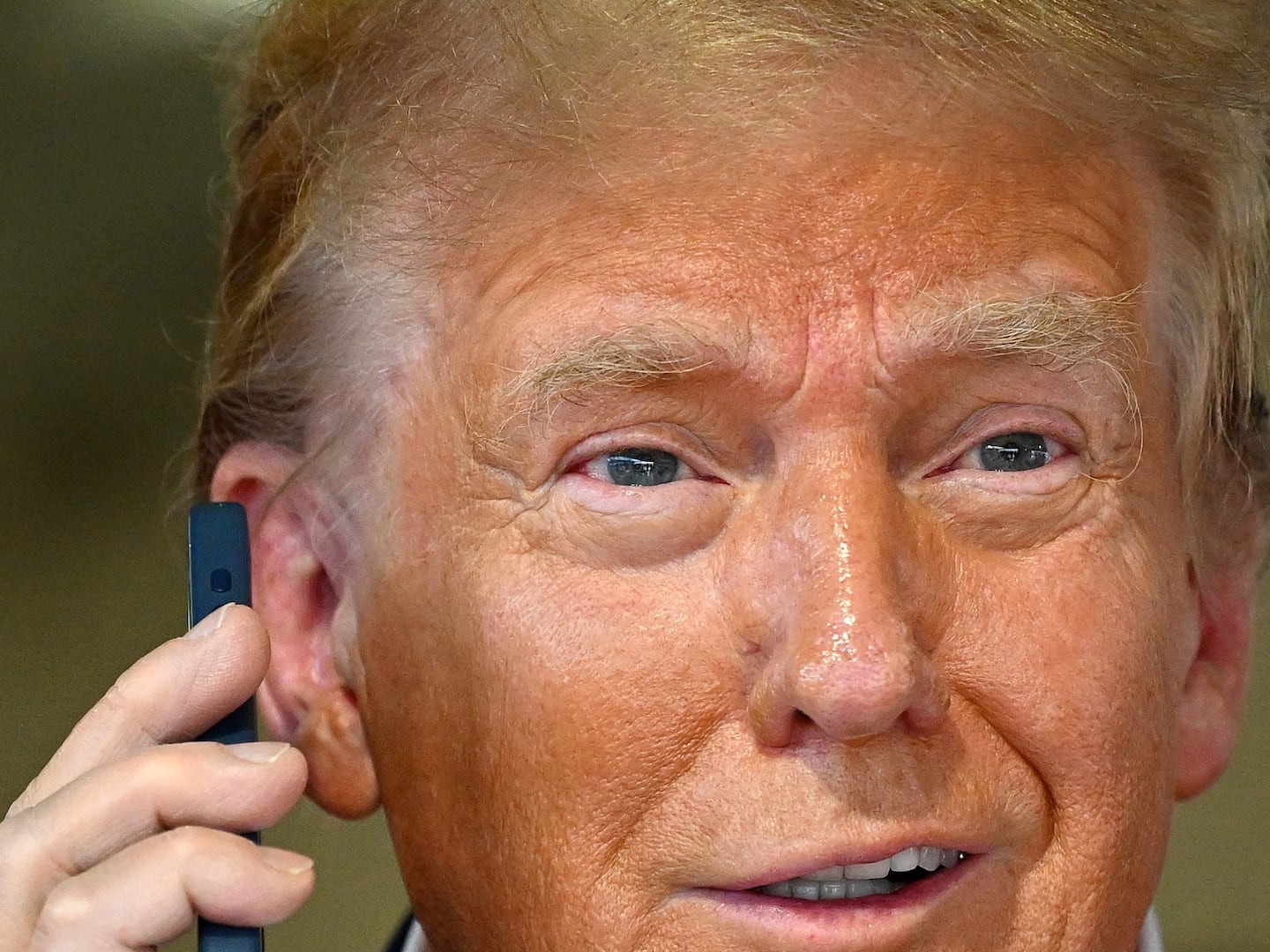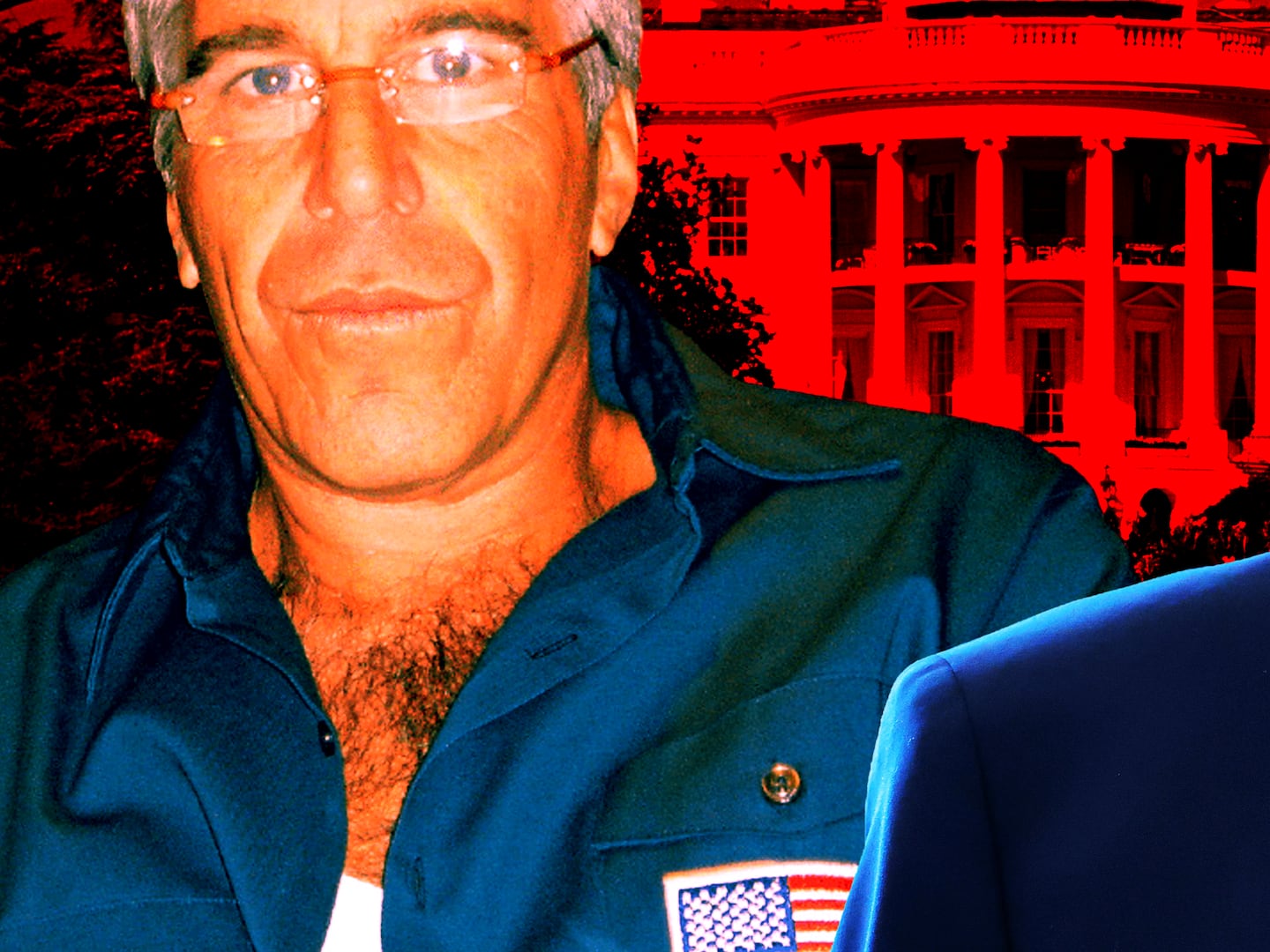Disgraced lawyer Michael Avenatti, who skyrocketed to fame for representing adult film star Stormy Daniels in her hush money suit against former President Donald Trump, was sentenced Thursday to two-and-a-half years in prison for trying to extort Nike for millions of dollars.
Avenatti cried in court as he gave a short speech, thanking his family and admitting that, “I and I alone have destroyed my career, my relationships, my life, and there is no doubt that I deserve to pay, have paid, and will pay a further price for what I have done.”
But Judge Paul G. Gardephe called Avenatti’s conduct “outrageous” and a betrayal of his clients.
“Mr. Avenatti had become drunk on the power of his platform or what he perceived the power of his platform to be,” he said. “He had become someone who operated as if the laws and rules which apply to everyone else didn’t apply to him.”
Prosecutors sought an eight-year sentence on the recommendation of federal probation officials, while Avenatti's lawyers suggested a six-month prison term and a year of home confinement. The defense argued Avenatti’s “public shaming” and “cataclysmic fall” amounts to enough of a punishment and deterrent for what they described as nonviolent crimes with no financial losses to any victims in the case.
Prosecutors disagreed. “The defendant, a prominent attorney and media personality with a large public following, betrayed his client and sought to enrich himself by weaponizing his public profile in an attempt to extort a publicly traded company out of tens of millions of dollars,” the Manhattan U.S. Attorney’s office noted in a filing last month. “This was an egregious abuse of trust, and it warrants real and serious punishment.”
At Thursday’s sentencing, Judge Paul Gardephe agreed with the defense’s request for a sentence lower than the minimum guideline of 108 months, in part because Avenatti’s alleged co-conspirator, prominent defense lawyer Mark Geragos, was never charged. Gardephe also referred to Avenatti’s “horrific conditions” in solitary detention at Manhattan’s Metropolitan Correctional Center.
Gardephe also imposed three years of supervised release following the two-and-a-half-year prison sentence, which is to be served at a federal facility in Oregon.
Before Gardephe's ruling, Avenatti wept in court, and for the first time expressed contrition for his crimes—shedding tears while standing at a lectern before the judge, with friends and family at his back in the gallery.
“I’ve learned that all the fame and notoriety in the world is meaningless,” Avenatti told the court, referring to his months-long stint in the spotlight. “TV and Twitter mean nothing.”
“I look forward to working hard to become the person I once was and will be if given the chance,” he added, choking up. “But I know I will never have the privilege of practicing law again.”
Avenatti dramatically concluded that he didn’t want his three children to be proud of him, but instead ashamed, because “then their moral compass is where it should be.”
In a letter to the court, Nike indicated it was seeking $1 million in restitution from Avenatti “to be paid after Mr. Avenatti’s individual victims.” Gardephe deferred his ruling on restitution but said he wouldn't impose a fine since he believed the debt-ridden Avenatti wouldn't be able to pay it.
Avenatti's lawyer Danya Perry told the court the hard-charging barrister “is a completely humbled man.”
“He lost his way,” she said. “He knows it.”
Still, Assistant U.S. Attorney Matthew Podolsky argued, “This case was not about hard-nosed negotiations... it wasn’t about nasty language. It was about deceit, it was about threats, it was about taking from others and abuse of trust.”
Podolsky said Avenatti never showed remorse for his crimes or took responsibility for his actions through a plea bargain.
Last year, a Manhattan federal jury convicted Avenatti of extortion, wire fraud, and transmission of interstate communications with intent to extort, in a scheme which prosecutors called “a good old-fashioned shakedown” of the shoe giant and a “betrayal” of his client Gary Franklin, a youth basketball coach in Los Angeles.
His sentencing in the Nike case—and trials in two other criminal matters on both coasts—was delayed by the COVID-19 pandemic.
The brash 50-year-old litigator, who fancied himself a Democratic contender to run against Trump in the last presidential election, will soon head to trial in Santa Ana, California. There, Avenatti is accused of embezzling millions of funds from a handful of clients and defrauding a bank to obtain more than $4 million in loans. Opening statements are expected to begin on July 20.
Avenatti will also face a New York jury sometime in 2022 for allegedly stealing $300,000 of the advance for Daniels’ book Full Disclosure. According to the indictment, “He did so by, among other things, sending a fraudulent and unauthorized letter purporting to contain [Daniels’] signature to [her] literary agent…”
The Nike case stems from Avenatti’s representation of Franklin, who asked the lawyer for help in 2019 after Nike ended a $72,000 sponsorship of his amateur basketball league. At the time, Franklin also mentioned that Nike employees allegedly directed illicit payments to high-school players and their families. Avenatti promised Franklin he’d secure a $1 million settlement from the sportswear behemoth but didn’t tell Franklin he planned to demand up to $25 million for himself.
In March 2019, during meetings with Nike attorneys in New York, Avenatti threatened to go public about the alleged payouts to youth players unless Nike retained him for millions of dollars to do an internal investigation for the company.
“I’m not fucking around with this, and I’m not continuing to play games,” Avenatti warned in a recorded conversation with Nike lawyers. “You guys know enough now to know you’ve got a serious problem. And it’s worth more in exposure to me to just blow the lid on this thing. A few million dollars doesn’t move the needle for me.”
On July 5, Avenatti's lawyer Benjamin Silverman asked Gardephe for a new trial “based on the government’s failure to produce certain witness statements that are both material and favorable to the defense.”
In a letter to the judge, Silverman said prosecutors didn't produce material for Judy Regnier, Avenatti’s office manager who testified against him at trial, including an email to a special agent indicating she feared Avenatti might have her killed. “It establishes a clear bias and also evidences a motive to have Mr. Avenatti convicted and incarcerated,” Silverman wrote.
Regnier had read a tweet that stated, “She better be careful, she might end like a Clinton witness,” Silverman added, referring to the conspiracy theory that former President Clinton and his wife arranged to bump off people with damaging intel on them.
But Gardephe rejected Silverman's request, saying in a court filing that Regnier “was an inconsequential witness” who “had no direct knowledge of, and did not testify concerning, Avenatti's alleged crimes.”
Before Avenatti's arrest in 2019, his financial misdeeds were beginning to catch up to his high-flying lifestyle and recurring spot in the cable news limelight.
In the fall of 2018, The Daily Beast revealed Avenatti, his law firm, and his coffee company owed millions in unpaid taxes and judgments, including a $1.2 million federal tax bill in Orange County, and that the landlord of his Newport Beach office had begun eviction proceedings. Avenatti also owed a former law partner at Eagan Avenatti a $10 million judgment.
As he left a trail of debts, Avenatti and his ex-wife Lisa Storie enjoyed a luxe lifestyle, replete with a private jet, fast cars, an art collection, and regular trips to Cabo. Storie and Avenatti were embroiled in divorce proceedings just as the lawyer's star began to rise because of Daniels.
“I had unfettered use of credit cards that were in my name,” Storie said in one court filing. “My American Express bill was historically on average of $60,000 to $70,000 per month, and was paid in full each month.”
Meanwhile, Avenatti's first ex-wife, Christine, recently wrote to Judge Gardephe asking for leniency in his sentencing. She said Avenatti was a fighter for the underdog and “worked full-time to educate himself after a family hardship,” all while helping to secure care for her mother's terminal heart condition.
“The last few years have been traumatic, as I have watched who Michael Avenatti is… be condensed into a short, tragic story that is unrecognizable, versus the complete and complex novel that deserves to be told.”


